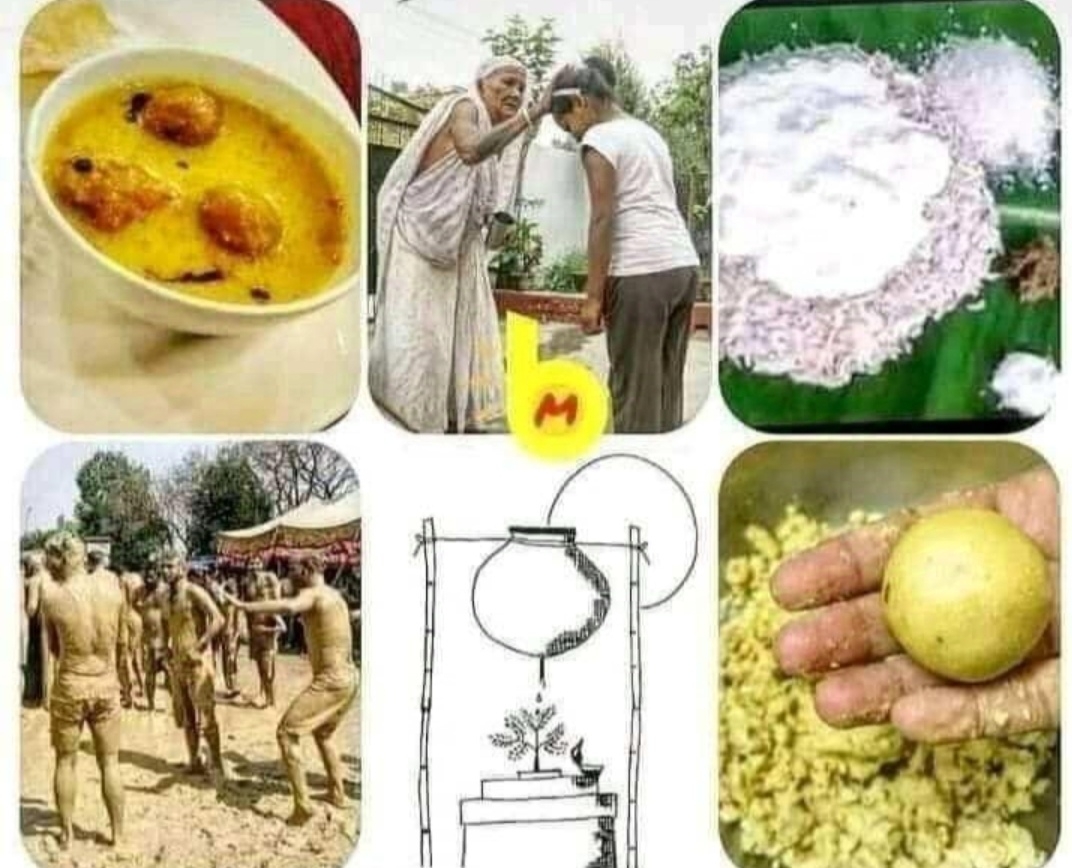Raj Kapoor: The Eternal Showman of Indian Cinema (14 December 1924 – 2 June 1988)
Raj Kapoor: The Eternal Showman of Indian Cinema (14 December 1924 – 2 June 1988)
Early Life and Family Background
Raj Kapoor was born on December 14, 1924, in Peshawar (now in Pakistan), into the culturally rich and affluent Kapoor family. His father, Prithviraj Kapoor, was a pioneer of Indian theatre and cinema. In this artistic lineage, Raj Kapoor emerged as a natural heir to this creative legacy.
He received his early education at Queen Mary School, Bombay. Though he lacked formal training in the arts, he gained invaluable hands-on experience in acting, set design, and direction through his time at Prithvi Theatres.
First Steps Towards Cinema
Neel Kamal (1947)
First leading role opposite Madhubala
Displayed remarkable spontaneity and emotional depth in acting
Founding of R.K. Films (1948)
Took the bold step of becoming an independent producer-director
Debut directorial film: Aag, portraying youthful dreams and shattered hopes
Established R.K. Studio, which became a cultural hub of Hindi cinema
Raj Kapoor’s Cinema: A Fusion of Ideology and Art
His films were not just for entertainment but reflections of society, infused with empathy and realism.
Key Themes:
Class Struggle: Awara, Shree 420
Moral Conflicts: Jagte Raho
Dichotomy of Love and Beauty: Satyam Shivam Sundaram
Women’s Suffering and Rebirth: Prem Rog
The “Tragic Clown” Persona
Inspired by Charlie Chaplin, Raj Kapoor created the image of a “poor yet dignified” man—cheerful on the outside, broken inside.
Maestro of Music, Lyrics, and Emotion
Raj Kapoor's films were celebrated not only for their stories but for their unforgettable music, which advanced the plot and deepened emotional resonance.
Musical Collaborators:
Composers: Shankar–Jaikishan, Laxmikant–Pyarelal
Lyricists: Shailendra, Hasrat Jaipuri
Playback Singers: Mukesh (considered his on-screen voice), Manna Dey, Lata Mangeshkar
Iconic Songs:
"Awara Hoon…” – Awara
"Mera Joota Hai Japani…” – Shree 420
"Jis Desh Mein Ganga Behti Hai…” – Jis Desh Mein Ganga Behti Hai
"Ae Malik Tere Bande Hum…” – Boot Polish
"Zindagi Khwab Hai…” – Jagte Raho
International Recognition and Cultural Ambassador
Raj Kapoor was India’s first true global film ambassador. His films found immense popularity across the Soviet Union, China, Turkey, Egypt, Central Asia, and Africa.
Awara received special honors at the Moscow Film Festival
In Russia, he is still affectionately known as “Raja Kapore”
He is credited with strengthening Indo-Russian cultural ties
Raj Kapoor and Nargis: Beyond the Screen
The pairing of Raj Kapoor and Nargis became one of Indian cinema’s most iconic duos.
Acted together in over 16 films
Symbolized pure love on-screen
Though Nargis later married Sunil Dutt, the Raj-Nargis saga remains legendary in cinematic history
Films That Transcend Generations
Each Raj Kapoor film reflected the cultural, social, and psychological climate of its time:
| Film | Year | Central Theme |
|---|---|---|
| Aag | 1948 | Idealism vs Reality |
| Barsaat | 1949 | Passionate Love |
| Awara | 1951 | Social Class Conflict |
| Shree 420 | 1955 | Morality vs Greed |
| Jagte Raho | 1956 | Social Hypocrisy |
| Sangam | 1964 | Modern Love Triangle |
| Mera Naam Joker | 1970 | Artist’s Inner Turmoil |
| Bobby | 1973 | Teenage Romance |
| Satyam Shivam Sundaram | 1978 | True Beauty |
| Prem Rog | 1982 | Widow Remarriage |
| Ram Teri Ganga Maili | 1985 | Purity vs Corruption |
Legacy and the Kapoor Dynasty
Raj Kapoor’s sons – Randhir Kapoor, Rishi Kapoor, and Rajiv Kapoor – followed in his footsteps as actors.
Rishi Kapoor’s films like Karz, Chandni, and Prem Rog carried forward his father’s emotional and artistic legacy
His grandson Ranbir Kapoor is today regarded among the top actors in Indian cinema—reigniting the spirit of Raj Kapoor in a modern avatar
Honors and Final Journey
- Dadasaheb Phalke Award – 1987
- Padma Bhushan – 1971
- 3-time Filmfare Best Actor, 11 Filmfare nominations
- Raj Kapoor Award instituted by the Maharashtra Government
Death:
Passed away on 2 June 1988 in New Delhi due to a heart attack—ironically while being honored with the Dadasaheb Phalke Award.
Conclusion: Why Raj Kapoor Lives On
Raj Kapoor wasn’t just an actor or filmmaker—he was the cinematic voice of the Indian soul.
His characters, his songs, and his dialogues remain eternal.
He was a showman—but also a social reformer, philosopher, and poet at heart.
Without him, the story of Indian cinema feels incomplete.
Inspirational Quote – Raj Kapoor
"The show must go on – this line from Mera Naam Joker reflects the essence of my soul. An artist never dies; he lives on through his work."
*********************************************
डॉ o संतोष आनन्द मिश्रा
ग्राम - मिश्रौली
पोस्ट - कंसी सिमरी
दरभंगा, बिहार
***********************************************
डॉ o श्वेता झा
पूर्व शोधार्थी
मगध विश्वविद्यालय
बोधगया, गयाजी, बिहार




टिप्पणियाँ
एक टिप्पणी भेजें